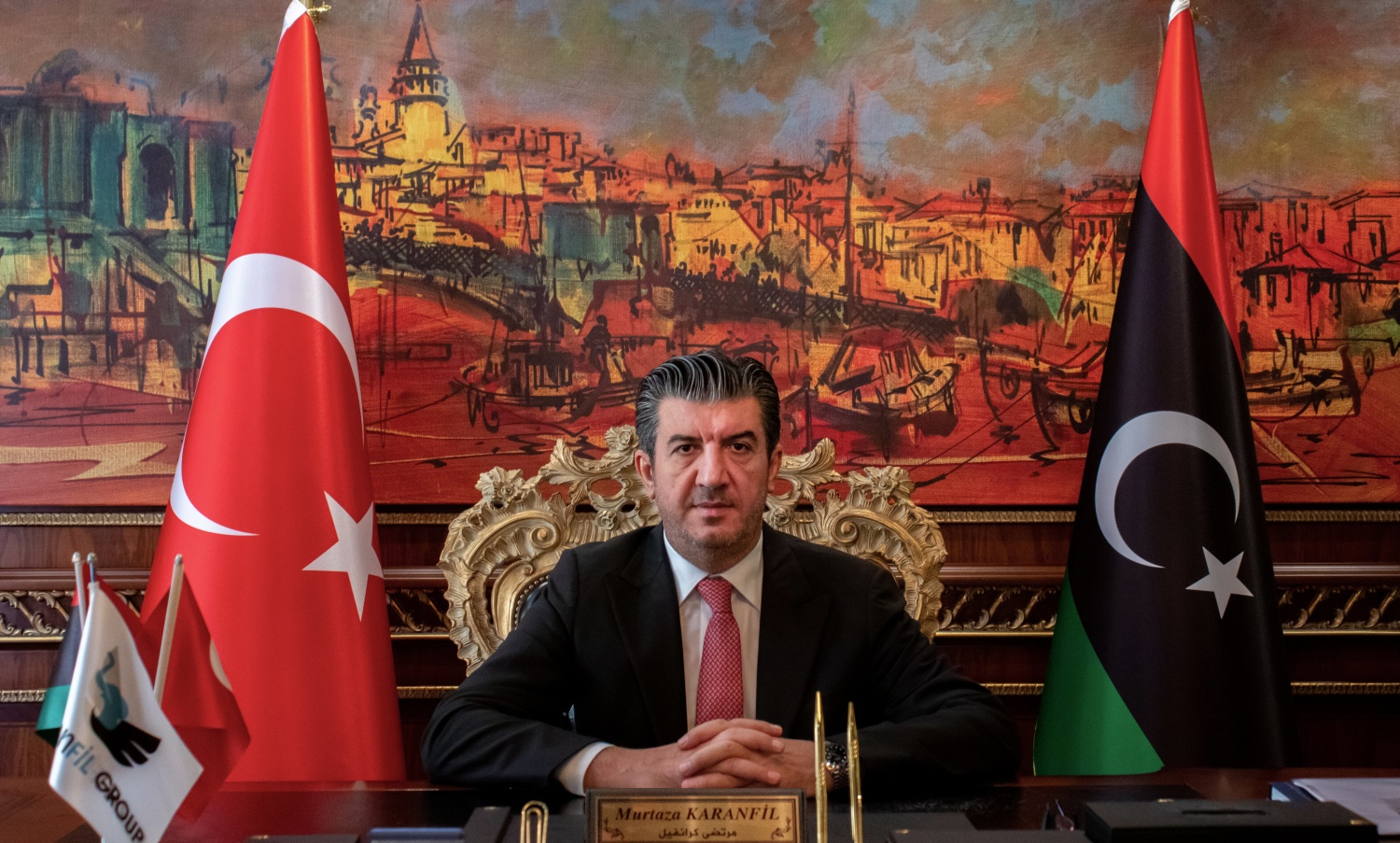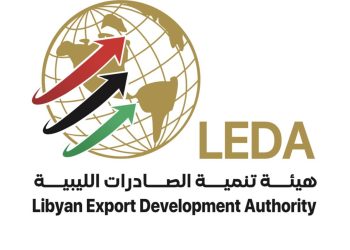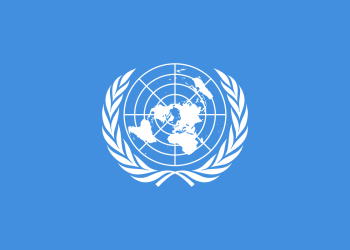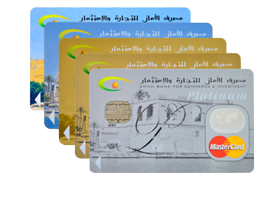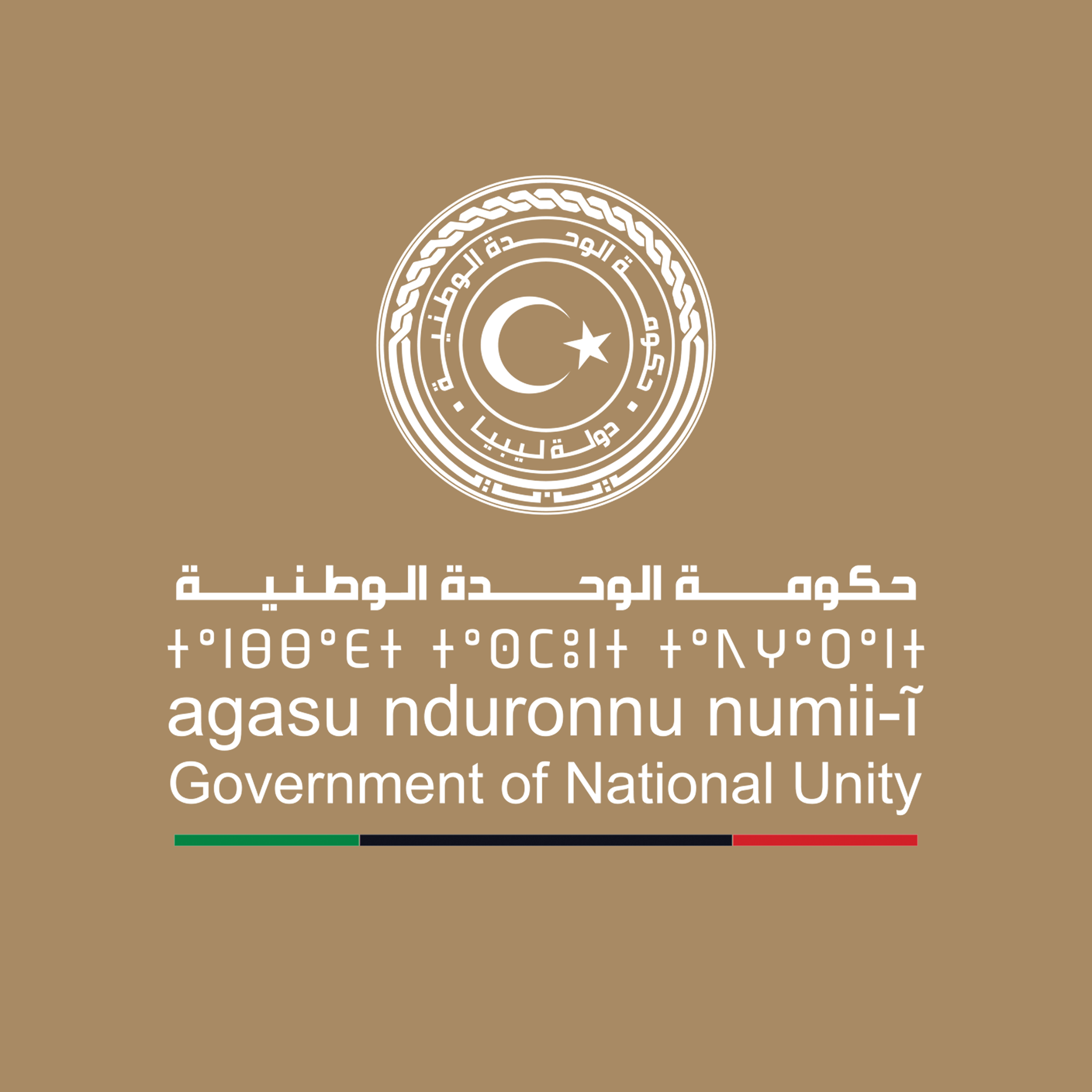Libya needs to reverse its brain drain and capital flight as well as centralise the role of the private sector if it is to develop its economy, Murtada Karanfil told Libya Herald today in an exclusive interview.
Karanfil is the chairperson of the multi-sector Turkish Karanfil Group, chairperson of the (Turkish) Foreign Economic Relations Board’s (DEIK) Turkey-Libya Business Council and president of the Istanbul-based Independent Industrialists’ and Businessmen’s Association (MUSIAD).
He has been doing business with Libya for over 35 years and knows every corner of the country. Two days ago, he opened his latest business venture in Libya: The Libyan Turkish Hospital in the city of Misrata.
The hospital is an important test case
Karanfil believes the hospital is an important beacon and litmus test. It is the first foreign investment hospital in Libya to be operated with a cadre of foreign personnel. If – when he said – it succeeds, it will send a strong signal to other Turkish and Libyan private sector investors.
‘‘Others will see and will come’’, he explained during the interview held at the Turkish Embassy’s Commercial Department headed by Yusuf Yildiz.
Free brain drain?
Libya has suffered nearly 50 years of brain drain and money loss with its best talent and money flowing out to the outside world. This talent and capital must be encouraged to return. Turkey lived through this experience in the 1970s. It is said that Turks built Germany. ‘‘We lost brains and labour to Germany’’, he explained.
Libya today is in a similar situation. Exporting its brains to the outside world for free. ‘‘You cannot export even a simple apple for free, yet Libya is exporting all its talented brains for free’’.
Short term reforms
Libya’s political struggles may be long, and elections may take a while to be organised. But as a minimum, Libya needs a constitution and a strong banking sector. This is to give the private sector confidence to enter or re-enter the Libyan market and join in rebuilding the economy. Investment and trade laws also need to be developed, he suggested.
Private sector a necessity
‘‘You need to make the private sector happy. You need to give them guarantees. They need to be given guarantees so that they re- enter the Libyan market. If the private sector does not enter the Libyan economy with strength, the Libyan economy will die’’, he warned.
Reciprocity of laws and regulations
Countries need reciprocity. For example, a Libyan can buy property in Turkey. But Turks cannot buy property in Libya. Libya does not need money. Relative to its neighbours it has the money. It does not need money from the outside. What it needs is organisation or reorganisation and a process, he explained.
The end of oil and diversification
If we accept that the end of the oil era is near, Libya needs to diversify its economy. A good potential for diversification is the petrochemical sector. This needs large investment. If Libya does not benefit. from its oil now while prices are high its oil will remain unexploited underground and the country will remain underdeveloped.
‘‘Gateway to Africa’’ is an achievable reality
‘‘Libya, I believe strongly, can be the gateway to Africa. It has a unique geographical location. When Turkey has to ship goods to sub-Saharan Africa, it takes 45 days and a container to Chad, for example, costs around US$ 20,000. The goods in it could be a fraction of the shipping cost. Why not open a transit route through Libya. Libya can be the gateway to feeding 50 million people in sub-Saharan Africa’’.
Transit trade: Rail, roads, and air freight
Karanfil is a businessman and not a politician. He seeks practical solutions, not fanciful dreams, and political slogans. In the short term, roads can be used instead of railways and in the very short-term air freight can be used instead of roads, he explained.
Commerce: a political, security and social solution
Commerce to sub-Saharan Africa can be opened quickly. Transit trade would offer new opportunities and a distraction to Libya’s youth, especially those who are unemployed and particularly those who are in the southern region, and on the southern border regions. Transit trade can offer a good alternative to carrying arms. Transit trade will also help Libya deter outside interference. Outside interference taking advantage of Libya’s various gaps and weaknesses – he explained.
Regional repercussions
By offering jobs to youth, he continued, Libya strengthens itself economically, politically, and security-wise – internally and externally. Libya would positively affect the region and Africa.
Diversification via tourism
Libya has a coastline of about 2,000 kilometres. It has long summers, and the cost of living is relatively cheap. If it develops its tourism sector, it could provide a good living for 100 million people not only its current population of 7 to 8 million!
Sub-Saharan Africa is the market of the future
As the rest of the world market becomes increasingly saturated Africa will be the world market of the future and for the next 100 to 150 years, Karanfil projected. Libya is strategically located and positioned to take advantage of this future market. It has good land for agriculture, and it has huge underground water reserves. It has potential to develop an organic agriculture sector. It has no problems of finding new markets for its diversified economy. It also has unexploited mineral reserves.
Cooperation and local financing
Libya needs ‘‘brains cooperation’’ with its allies, neighbours, and friends. But it also needs financing. The financing of these projects must start in Libya. Once Libya starts projects, it sends a signal, and other external investors will come on board. But the spark must come from Libya. It does not have to be a huge start. It can start small and simple and slowly grow. It just needs examples, successes. Once these are seen, investors will come. He said confidently.
‘‘In my 35 years’ experience working with Libya and Iraq, in my opinion, these two markets are a bottomless well. You can sell anything to and through Libya’’. Libya currently has trade with Turkey amounting to about US$ 4 billion. Libya selling about 2.5 billion to Turkey and Turkey is selling about 1.5 billion to Libya. ‘‘This can be multiplied’’.
Existing transit trade needs systemic organisation and development
Egypt has a population of about 120 million and Libya has a population of only about 8 million, yet Egypt is Turkey’s second trade partner while Libya is number one. This is because of the existing transit trade that goes through Libya. This transit rate now is unorganised and haphazard. But if this transit rate was organised in a systemic manner, it can grow exponentially. It will reduce illicit, Illegal trade in the south such as smuggling and improve border security and stability.
Petrochemical diversification
Libya is ripe for petrochemicals because everything in Libya is relatively cheap. Logistics through Libya are cheap, fuel is cheap.
Food diversification
‘‘I also believe anything in the food industry will succeed in Libya. Libya could become a huge gateway for North-South trade – For both trade coming from Europe to sub-Saharan Africa and for future trade from sub-Saharan Africa to Europe’’.
Turkey can offer subsidies for air freight transit trade for two years
Air freighted transit trade to sub-Saharan Africa through Libya can be subsidised by the Turkish government for up to two years – Karanfil revealed. Turkish business and industry and the Turkish government are looking for new markets. Sub-Saharan Africa is a very big and important target for Turkish exports. Turkey needs a partner, a conduit, a transit trade route to sub-Saharan Africa.
Win-win, workable transit trade proposals
Together, the Turkish private sector, the Turkish Government, and the Libyan government, or just the Libyan private sector – can come up with workable proposals to penetrate and reach Sub-Saharan Africa in a win-win project.
This would provide markets for Turkish produce and earn Libya added value through transit trade. This can be a huge, diversified sector for Libya in the long term but also it could start on small scale in the short term.
The Turkish government is prepared to subsidise such a workable, practical proposal for up to two years. Add to that the added advantage of speed. Air freight can arrive at its Sub-Saharan destination in a handful of days rather than by circumnavigating Africa by ship in 45 days.
Transit trade is win-win for the region
Karanfil does not believe that the development of transit trade through Libya constitutes a danger or a threat to Libya’s neighbours, be it as far as Algeria, Tunisia or even Egypt. He does do not see a win-lose scenario between and Libyan transit trade route to sub-Saharan Africa and the Suez Canal. On the country, he sees the two routes strengthening each other and providing strong growth for all parties.
Libya becoming Africa’s lighthouse
In fact, Libya can cooperate with all its neighbours, Algeria, Tunisia, Egypt and even the UAE and Dubai. All of them can become stronger by engaging in win-win transit route scenarios. ‘‘I see Libya becoming Africa’s lighthouse’’. There will be a positive security dividend out of increased trade between the regions – strengthening cooperation and strengthening political and security relationships. ‘‘Commerce is good for all’’.
Libya and Libyans deserve better
Karanfil said it hurts him to see that Libya and Libyan citizens are still suffering 35 years on since he started trading with Libya. ‘‘Libyan citizens and Libya deserves better. They deserve better health, they deserve better transport, they deserved better trade, and they deserve better everything.
Libya should become a hub for the landlocked sub-Saharan African countries. Libya should become Africa’s lighthouse’’, he concluded.
